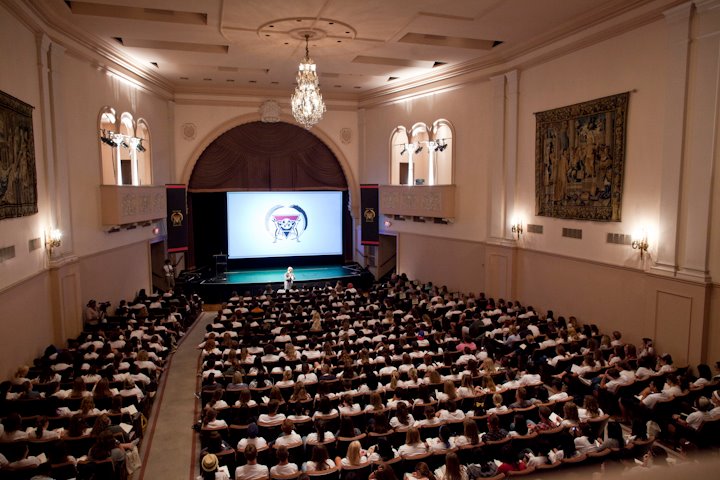“One person can make a difference and every person should try.” – John F. Kennedy

As a journalism and political science major in college, the clash between analyzing how our connected world communicates and deconstructing the social realities of our global community often caused my outlook on society to fluctuate from class-to-class, hour-to-hour. On one side I’d see how communication channels available to us could easily bring about change but at the same time, I’d be hit with the reality of how easily these passive channels could affect people to forget about real issues.
If there is one statement that stood out to me from my four years of ideology and theory classes, it would have to be from my Politics of the Future professor who said, “It’s all an illusion. Everyone knows that something is wrong in this world and our society decides to ignore it. As long as we’re safe, have food, and shelter, we are ok with major issues happening in the world.”
Not even realizing it, I had to admit to myself that I was guilty of that mindset. But from that day on, I knew the only way to combat that mindset was to get involved in things I was passionate about– investing myself, not only in the idea behind social change but tangible action. Cue: me submitting an application to Invisible Children. But aside from my perspective, our millennial generation’s story always seems to start the same way: we’re narcissistic, lazy, ‘boomerang kids’, and entitled. Even if those traits can be taken as actual fact, for every group of millennials that is disinterested and apathetic, there’s most likely a group that uses their “social-media-obsessed” and networking skills to create, innovate, and leverage change in their communities– be it online or in the real world. Take Chelsea Clinton’s word in her deconstruction of the many myths behind the generation.
With the millennial generation being the hot topic of the moment (stories: Time, Flavorwire, Huffington Post, Atlantic Wire, Policy Mic, and so on), it makes even more sense to reinforce the idea that our generation has and will continue to seek change through tangible means. This August, Invisible Children plans to set all the stereotypes aside and prove that our generation has influence and is capable of setting a new precedent for social good and social change. As we host our second annual Fourth Estate Leadership Summit in Los Angeles, we plan on giving youth the tools they need to make a difference in their communities and around the world.
Think people should hear about this?